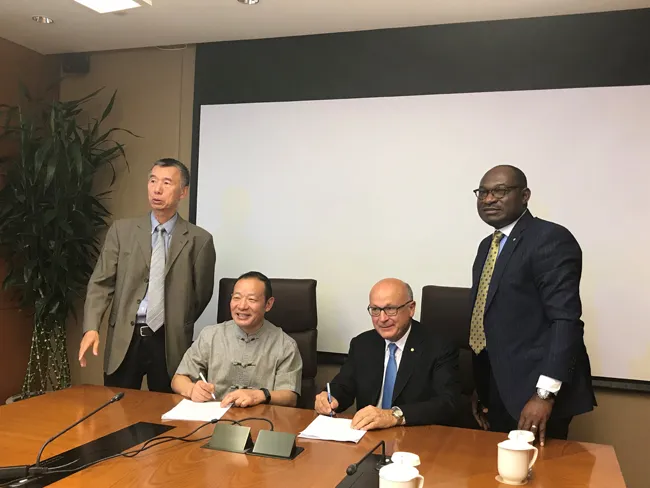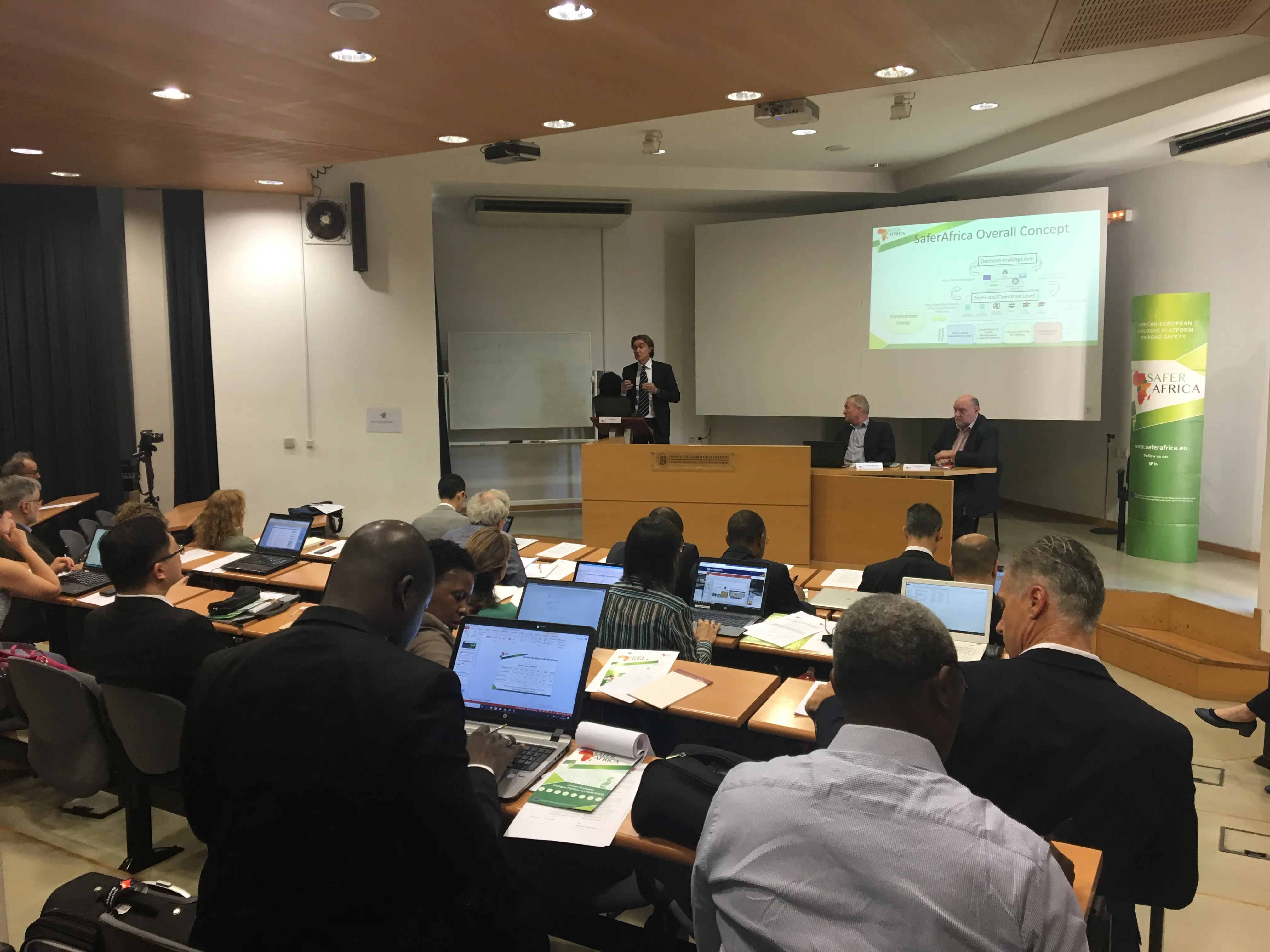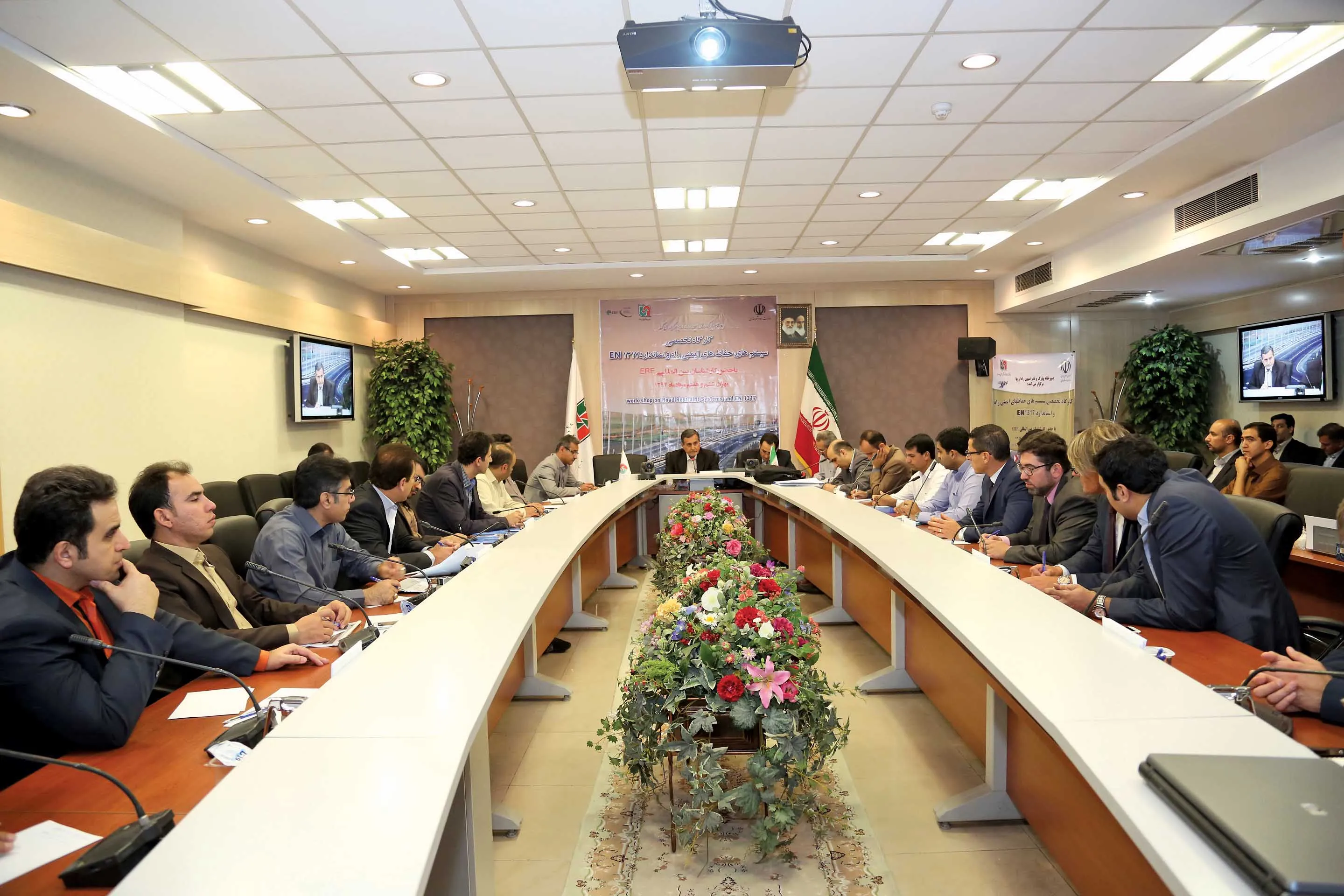
The three-year MoU follows discussions between CECA and FIDIC, with the two bodies agreeing to collaborate in key areas of interest.
An information exchange calls for sharing of information on publications, exchanging weblinks, information sharing on events and exchanging knowledge and tools on engineering design issues.
CECA and FIDIC will explore how they can develop a membership model in China which provides a better representation of the consulting engineering industry by the Chinese FIDIC member association, the CNAEC, and to work together to support international consultants becoming members of CECA.
FIDIC and CECA will conduct exchange visits to explore collaborative issues, invite each other to participate in respective events. CECA will also invite FIDIC to send speakers to its conferences and workshops.
FIDIC and CECA will discuss establishing a consulting engineer training and certification programme to meet the needs of the industry globally.
To provide opportunities for discussion and collaboration between Chinese, international and local consultants on the Belt and Road initiative and to work towards FIDIC’s values of quality, integrity and sustainability in the delivery of Belt and Road projects. FIDIC and CECA will also collaborate to introduce CECA members to FIDIC member associations and help FIDIC member association firms establish business in China. The two organisations will also work together to recommend association members and firms to form consortiums for joint bidding.
Commenting on the signing of the MoU, FIDIC chief executive Dr Nelson Ogunshakin said: “I am delighted that FIDIC has signed this agreement with CECA and to be working closely with them on areas of mutual interest. I see this as a big boost for FIDIC members, international consulting and engineering firms and also the construction sector in China and look forward to working with them over the next three years.”
FIDIC president Alain Bentéjac said: “The signing of this MoU is a landmark moment for FIDIC and a significant step in our efforts to work in global partnership with the Chinese construction industry. It is especially significant to see collaboration between industry associations in China and we are delighted to have facilitated this for the benefit of the industry globally as well as in China itself. I am sure that working together we will be able to promote mutual understanding and achieve enhanced cooperation across the entire construction sector in China, thereby improving the quality, sustainability and delivery of services.”







